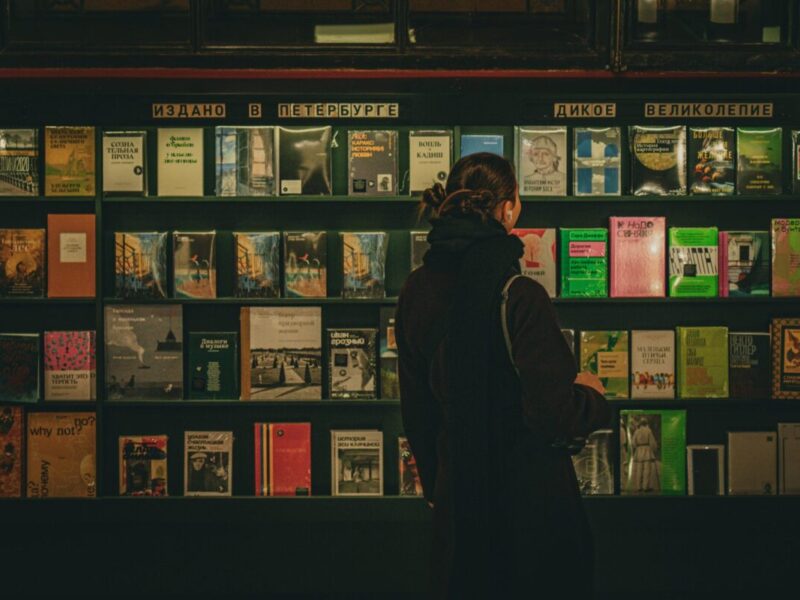You may have read poetry in different forms, from different regions, and from writers of diverse sexualities, races, and genders, but there’s yet another way to revolutionize your canon—what about poetry in different languages?
Bilingual poetry has strengthened and challenged the genre for centuries and plays a larger role today. In the United States, the rate of bilingual children speaking a language other than English in their homes has risen by at least by 1.2 million in the last decade, while rates have more than doubled among the general population since 1980.
While this increase surges, so does the vilification of and prejudice toward people speaking languages other than English in the U.S. even though the country has no official language. According to statistics from World Atlas, German, Korean, Vietnamese, Tagalog, French, Chinese, and Spanish all have more than one million primary speakers in America.
Below are a few reasons to pick up poetry books that incorporate a multitude of languages.
Poetry boosts your empathy
Research shows that not only speaking a second language but the simple act of being exposed to one—like through a poem or song—leads to increased empathy and the ability to see other perspectives. In his poem “I Walk Into Every Room and Yell Where the Mexicans At,” first-generation American José Olivarez reflects on being “the only Mexican on the guest list” and shows why perspective and empathy are crucial.
He writes, “the white woman at the party who might be liberal / but might have voted for Trump smiles when she / tells me how lucky i am. how many automotive components do you think my dad has made. you / might drive a car that goes and stops because of / something my dad makes.”
Olivarez also contrasts westernized images of Taco Bell commercials (“all my / people fold into a $2 crunchwrap supreme”) with the lyrics of “Por Tu Maldito Amor,” a song by Mexican Ranchero singer Vincente Fernandez that creates an underlying rhythm and refrain. “Y yo cai en tu trampa ilusionada” he borrows from Fernandez, translating to “And I fell into your deluded trap”—perhaps the trap of stereotypes, which poetry can help eradicate.
Poetry preserves traditions
Poems in indigenous languages help preserve beautiful disappearing languages. According to research from the Indigenous Language Institute, an estimated 52 indigenous languages have dissipated since 1600. These long-standing languages provide an important look at historical and cultural origins.
Vito Apüshana, who writes in Wayuu, the language of a native tribe of the same name in Northern Venezuela, pays homage to this rich tradition in his poem “Kataa-Ououta,” translated as “Live-To Die.” He writes, “Mioushii wayaa ma’akaa saain wunuu, sulu’upuna / Nouchikii na wapuulerua janakanat,” or “We live, like trees, inside / the footsteps of our ancestors.” Overall, the poem serves as a gorgeous, imagery-filled ode to nature and family.
Poetry is the future
As reported by The New American Economy, the demand for bilingual employees has more than doubled in five years. At the same time, it’s estimated that the multilingual population will keep growing in the future. It’s important for individuals to gain exposure to other languages not only to be successful themselves but also to connect more effectively and compassionately with others, including groups who face prejudice.
Iranian-American and Muslim poet Kaveh Akbar incorporates Persian into his aptly titled poem “Do You Speak Persian?” While the title of this poem conveys assumptions that immigrants often grapple with—as well as the difficulty of balancing one’s native and newfound languages—it beautifully portrays the emotional attachment that languages create. “I don’t remember how to say home / in my first language, or lonely, or light. / I remember only / delam barat tang shodeh, I miss you, / and shab bekheir, goodnight.” This shows the changing and nuanced face of both language and immigration as the world becomes increasingly global.
Read some poesía, Poésie, شعر, or פּאָעזיע today!




